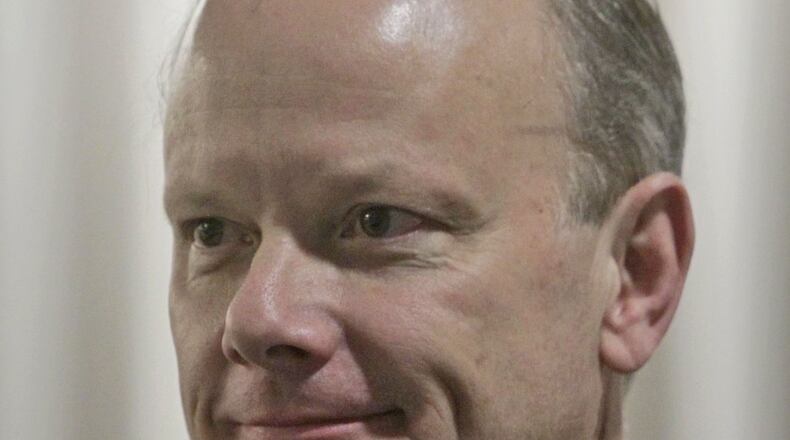A state auditor’s review of college costs in Georgia has given legislators a base line for an outside study of college affordability and will help them prepare a plan to keep the University System of Georgia and technical schools churning out graduates in high-demand fields.
The review describes the clockwork behind the face of the 77 percent increase in the cost of attendance at a state college or university in the past 10 years. Parents and students have had to pick up more of the costs as the average price of attendance at a state school swelled from $8,361 a year in 2006 to $14,791 in 2016.
This happened as average HOPE scholarship awards dropped, inflation pushed up prices, state appropriations failed to keep pace with growing numbers of students, and institutions increased fees to cover rising costs and pay for programs such as adding football teams.
The good news in the report is that the average cost of a state college education in Georgia is still 25 percent cheaper on average than what peer institutions in other states charge, the auditor’s review says.
The request for the review came from the Senate Appropriations Committee.
State Sen. Fran Millar, R-Dunwoody, the chairman of the Senate Higher Education Committee, said the report sets a base line for a legislative working group that will review the health of the state system in 2017 and make needed changes in 2018.
“By and large, even with the escalating cost of college, compared with most of the nation we have a pretty good deal going to post-secondary schools in Georgia,” Millar said. “But that doesn’t mean we can’t do better.”
Millar said the working group will use an independent assessment of the University System that will be done with help from the Southern Regional Education Board and paid for by the Bill and Melinda Gates Foundation. That will help the legislative group with deciding directions in everything from need-based scholarships to the degree programs whose graduates will drive the economy in the next decade. The SREB is a nonprofit started by 16 Southern governors more than 60 years ago to help direct educational policy and drive economic development.
The state auditor’s review says some factors that drove up college costs between 2006 and 2015 include:
- An effective decrease in state funding per student of $2,448, adjusted for inflation, as state appropriations failed to keep up with increasing student enrollment.
- University System increases in fees of $2,069 per student, adjusted for inflation, to keep pace with the "loss" of appropriations.
- Average awards from HOPE scholarships decreased $1,087 a year.Institutions increased facility fees by an average of $286 per school year. The fees pay for facilities such as stadiums, recreation centers, parking decks and student centers.
- Athletic fees, which pay for sports programs, grew by an average of $132 per school year.Housing and dining costs increased 56 percent to 60 percent, more than double the cost of inflation.
“We recognize and share the concerns of students, parents and legislators regarding the rising costs of a college education,” said a spokesman for the state Board of Regents, which directs the University System. “We carefully assess the tuition rates for our institutions and are committed to college affordability and keeping any possible tuition increases to an absolute minimum.”
The board instituted cost-saving changes such as setting up a pooled-services contract for five institutions and consolidating some colleges, such as Georgia State University and Georgia Perimeter College; it ordered a slowdown on approving student fee increases that cut them from 65 in the 2011-12 year to 14 in 2016-17; and it restricted athletic expense increases to 5 percent.
Sen. Jack Hill, chairman of the Appropriations Committee, said it looks as if the Regents are already addressing some issues. One thing that caught his eye is that mandatory meal programs for students is a money-maker for many institutions.
Newly appointed board Chancellor Steve Wrigley plans to introduce policy changes in 2017 to address dining costs and other auxiliary services that make more than they spend.
In a December address, Wrigley thanked Millar for the initiative on containing college costs and pledged to work with him.
About the Author
Keep Reading
The Latest
Featured



